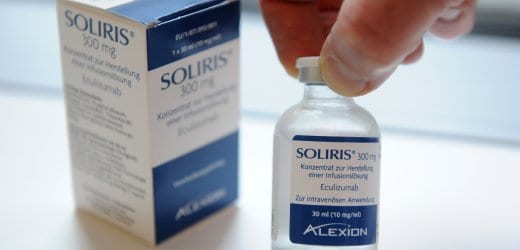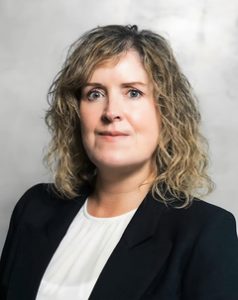
NICE approves world’s most expensive drug
pharmafile | January 28, 2015 | News story | Sales and Marketing | Alexion, Dillon, NHS, NICE, aHUS, eculizumab, hst, soliris
The world’s most expensive drug has been approved in final guidance from NICE, making it the first drug to pass through the watchdog’s highly specialised technologies (HST) assessment system.
However, certain conditions designed to dampen its cost impact will need to be met to secure its funding on the NHS.
Soliris (eculizumab), from US-based Alexion, is the only drug therapy available for the extremely rare disease atypical Haemolytic Uraemic Syndrome (aHUS), which causes inflammation of the blood vessels and the formation of blood clots throughout the body, with the risk of sudden failure of vital organs. It affects around 200 people in England, with 20 to 30 new patients diagnosed each year.
“aHUS is a very distressing condition that imposes a significant burden both on those with the condition and their carers and families,” says NICE chief executive Sir Andrew Dillon. “We are therefore pleased to be able to recommend eculizumab for funding.
“The committee accepted that eculizumab is a step change in the management of aHUS and can be considered a significant innovation for a disease with a high unmet clinical need. It offers people with aHUS the possibility of avoiding end-stage renal failure, dialysis and kidney transplantation, as well as other organ damage.
However, Dillion acknowledges that the drug is ‘very expensive’ – with NICE estimating it could cost the NHS up to £58 million in the first year, rising to £82 million after five years.
“The committee felt that the budget impact of eculizumab would be lower if the potential for adjusting the dose of the drug and stopping treatment was explored,” he says. “This is reflected in the guidance which recommends eculizumab should be funded only if important conditions are met.”
These conditions included developing rules for starting and stopping treatment for clinical reasons, co-ordinating the use of Soliris through an expert centre, setting up monitoring systems to record the dose and duration of treatment, and a research programme to evaluate when stopping treatment might occur.
“In the meantime NHS England and the company should consider what opportunities might exist to reduce the cost of eculizumab to the NHS,” Dillon adds.
NICE took over responsibility for evaluating highly specialised technologies (HST) – very high cost drugs for rare conditions – in April 2013. Prior to that the Advisory Group for National Specialised Services (AGNSS) was responsible for this.
The high price but low patient populations for such drugs mean that the watchdog has had to use an updated form of its QALY system, which would never usually allow a drug at Soliris’ price to be recommended.
Soliris is indeed the guinea pig in being the first treatment approved under this system, and speaking to Pharmafocus after Soliris was recommended by NICE in draft guidance in November, Jon Beauchamp, business unit leader at Alexion, said: “I think it’s positive that NICE have such a highly specialised process that does appraise rare treatments differently to the more common diseases.
“We were the first to go through it and it was certainly evolving along the way. We were asked for information part way through about the R&D costs specifically, and we didn’t agree with that approach.”
George Underwood
Related Content

Digital mental health technologies – a valuable tool in supporting people with depression and anxiety
The potential benefits of digital mental health technology for managing depression, anxiety and stress, together …

A community-first future: which pathways will get us there?
In the final Gateway to Local Adoption article of 2025, Visions4Health caught up with Julian …

The Pharma Files: with Dr Ewen Cameron, Chief Executive of West Suffolk NHS Foundation Trust
Pharmafile chats with Dr Ewen Cameron, Chief Executive of West Suffolk NHS Foundation Trust, about …






